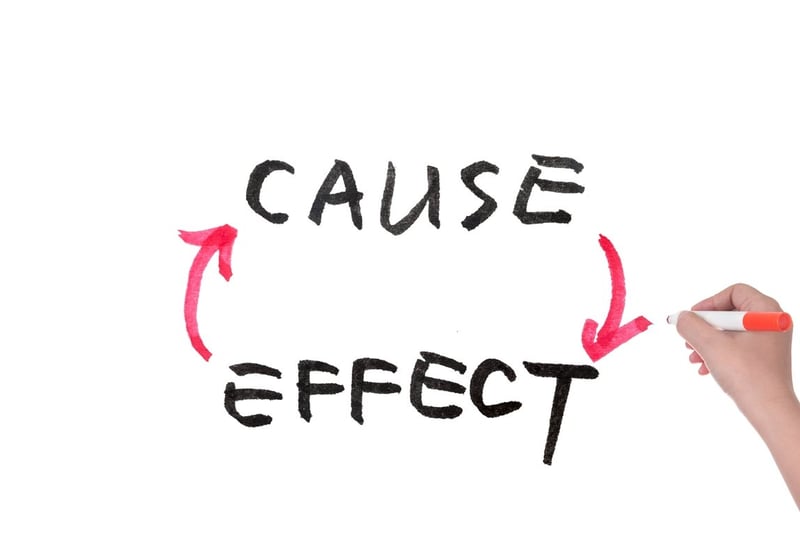Causal subordinating conjunctions (conjunções subordinativas causais) introduce the reason or cause for what was said in the independent clause.
porquebecause
visto quesince
comoas
Examples:
Não tens dinheiro, porque gastas muito.You have no money because you spend a lot.
Visto que choveu, não precisamos de regar as plantas.Since it rained, we don't need to water the plants.
In all of the examples above, the comma separates the two different parts of each sentence. The part containing the conjunction (dependent clause) can appear either before or after the other part (main clause), but sometimes the order affects which conjunctions can be used. For example:
- With the conjunction “como”, the dependent clause should come before the main clause (which means “como” should be the first word of the sentence)
- With the conjunction “porque”, the dependent clause should come after the main clause
Como te comportaste mal, estás de castigo!As you've behaved badly, you're grounded!
Ele está triste porque o cão dele está doente.He is sad because his dog is sick.



Seeing that it rained…..might be a better translation here otherwise. -. Desde que choveu……… What do you think?
Cumprimentos.
David.
Olá, David. In this example, ‘since’ is being used as a causal conjunction and is a suitable translation for ‘visto que’. It would only translate to ‘desde’ if it were referring to time, which is not the case here 🙂 ‘Seeing that’ is a perfectly fine alternative, though.
Thanks both,
I too had wondered why Visto que was used instead of desde. The explanation is clear and very helpful.
Obrigada
Laura
You’re welcome, Laura!
Instead of saying ” Ele está triste porque o cão dele está doente” can you say Ele está triste porque o seu cão está doente?
Of course! Actually, that could even be the most correct way – if there is one – of saying. I’d say that the most colloquial form would be “o cão dele” and the most formal one would be “o seu cão”. Both perfectly correct! 🙂
I noticed that “porque” was also a coordinating conjunction. Looking at the examples, I do not see the difference between the coordinating and subordinating use. Can you explain?
This is one of those tricky gray areas of Portuguese. Many grammarians consider that “porque” has this ambiguity between subordination and coordination. The theory is that as a subordinating conjunction, “porque” introduces the direct cause or reason for something. As a coordinating conjunction, “porque” adds more information/explanation, but without a cause-effect relationship. Here’s an example:
– Choveu durante a noite, porque a estrada está molhada. (It rained overnight, because the road is wet) -> Coordination, because the road being wet is an evidence of the rain, but not its cause.
– A estrada está molhada porque choveu durante a noite. (The road is wet because it rained overnight) -> Subordination, because the rain is the actual reason why the road is wet. Note how the comma can be omitted in this sentence – in a coordinating clause, it would be mandatory.
Podemos também dizer “Porque o cão dele está doente, ele está triste”? Ou não se diz assim? Obrigada.
Sim, tecnicamente a frase está perfeitamente correta! No entanto, não é uma forma muito comum de expressar a ideia, em especial verbalmente. Habitualmente, a conjunção “porque”, que indica a razão ou causa da tristeza, é colocada no final da frase. Tal como em Inglês. Mas sim, está correto! 🙂